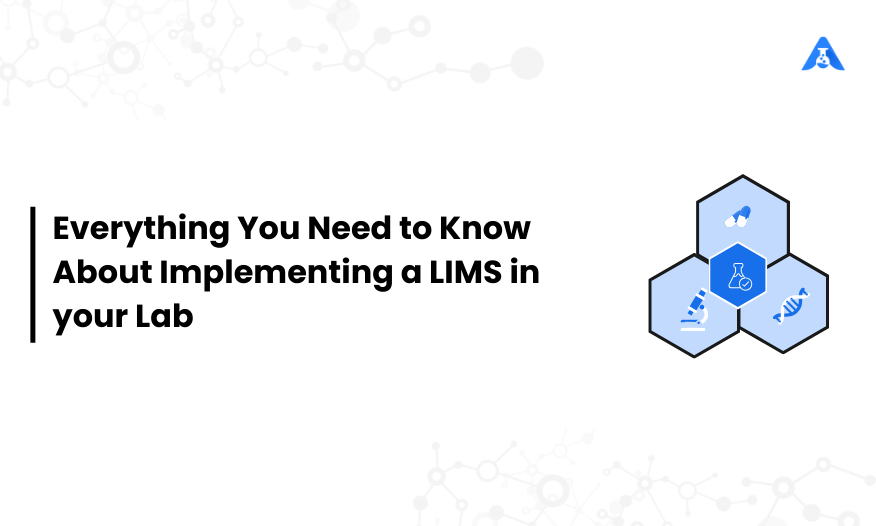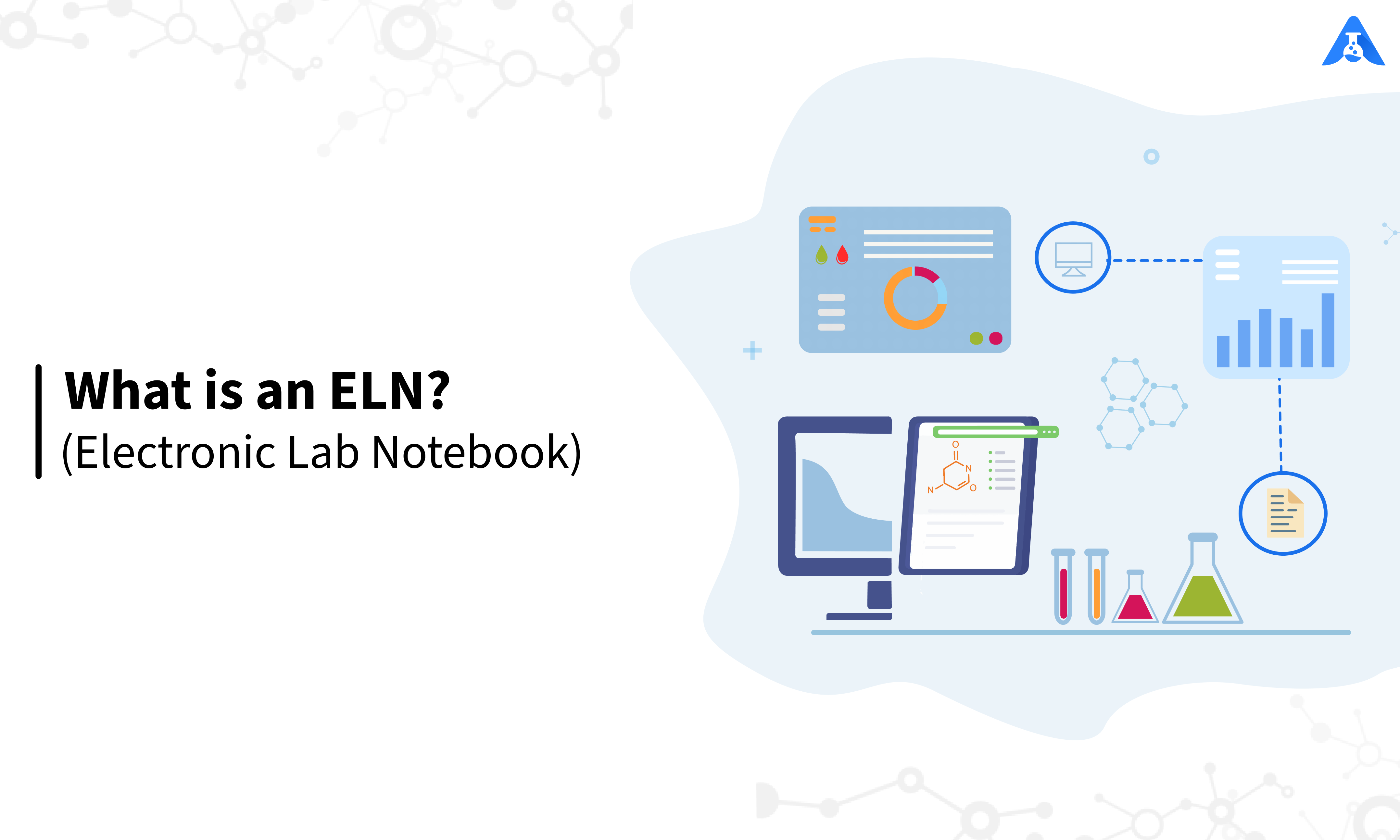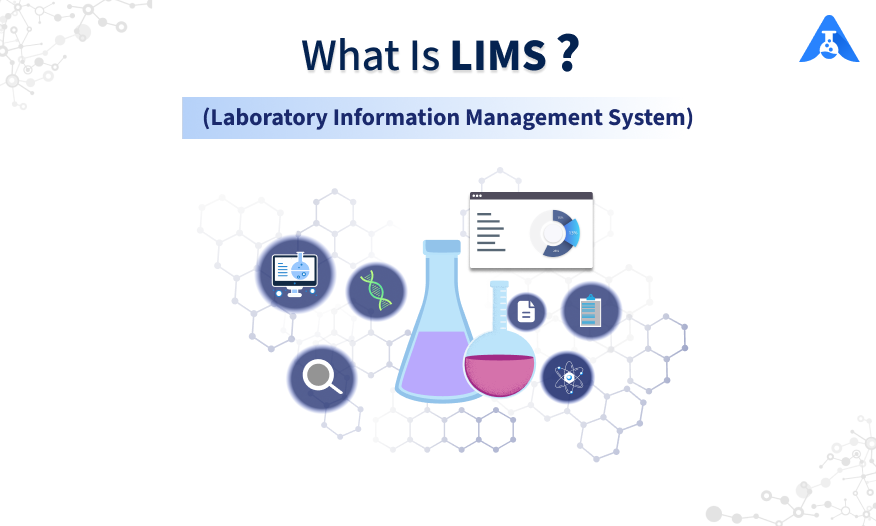LIMS: Everything You Need to Know About LIMS Implementation
There is no shortage of laboratories that are currently enjoying the unique advantages of a laboratory information management system (LIMS). Equally many are all too willing to attest to how it optimizes their lab processes and even aids in mitigating the risk of errors. It definitely pays to take the time to know how LIMS work if you plan to make the most out of it.
What is certain is that a lot of the available ones nowadays continue to drive innovation, to the point that they are able to provide even more perks for medical and non-medical laboratories alike. If you want to be better oriented with laboratory information management system implementation, then look no further than the facts we outlined here.
Laboratory Information System Benefits
Almost all laboratory information management systems share a host of features that result in specific advantages. The following are but some of the powerful advantages that labs can enjoy LIMS. These should also give you an inkling of how this kind of software functions.
- Better overall productivity since the processes are done paperless and with the help of automation.
- It is easier to manage and organize data.
- There is greater transparency and security.
- High amenability to adapt to the demands of various major industries.
Out of all the benefits of LIMS, the last one is the most pertinent with regards to this topic. Without it, these industries will not be able to enjoy the other advantages in the first place.
Not all LIMS Software products have this versatility, though. And even if they do, it is often limited to a select few only. This underscores the importance of choosing the correct software for your purposes.
How Is LIMS Usually Implemented in Various Industries?
Assuming the software for the laboratory fits the above description, then expect it to adaptable enough to make the following common implementations possible:
Manufacturing
In manufacturing, quality control is held at the highest standard. Without a way to smoothly and easily synchronize data, though, this can become quite the challenge. LIMS in a laboratory used by manufacturing often focuses on the software’s better reporting and tracking features because of this.
For example, it can focus on a specific product that’s been recently released and is currently being tested. With the LIMS laboratory solution, you will be able to gain greater insights into the product’s quality: how it is performing and what specific improvements need to be promptly done to it.
Pharmacy
The pharmaceutical industry undoubtedly enjoys the best that this software has to offer. After all, plenty of cloud-based LIMS centers their features on the needs of medical laboratories. In fact, you can think of it as a completely digital version of the physical lab.
With it, researchers will not have to be physically present to access data. Even the actual process of capturing data becomes automated. This ready access and reporting of data only aid in the discovery of new drugs and the development of existing ones.
Agriculture
LIMS data management solutions are often adaptable enough to support various workflows for any type of testing needed in the agricultural industry. Think of testing conducted for GMO, soil moisture, soil microbes, herbicides, fertilizers, seeds, etc.
LIMS can organize the data for researchers and make it easy for them to ensure quality and adherence to the United States Food and Drug Administration (FDA) guidelines. The automation perks extend to this as well, leading to less time and effort required to perform common processes.
Oil Industry
Whether it is conventional or natural gas, we know that this industry conducts continuous testing as well. Without a way to ensure the safe transmission and storage of data, companies are more likely to incur costly losses or decisions.
There is an obvious requirement of making sure that nothing in the surrounding environment will be harmed once the extraction of the oil begins. This requires testing not only on the oil itself but the soil and other pertinent geographical factors that are within its vicinity.
Other LIMS solutions dive further by offering more helpful features such as sample management, instrument integration, and job scheduling. Some make it easy for companies to comply with standards set by the United States Environment Protection Agency (EPA) and the American Society of Testing and Materials (ASTM).
Food and Beverage
Food and beverage manufacturers always need a convenient, efficient way to manage data. Data forms the foundation of control over their essential processes, after all. Many have since stopped relying on time-consuming paper-based data reporting as a result.
To maintain the safety and quality of their products, companies often have to perform rigorous testing on the ingredients of their products. Most are pretty stringent in identifying whether there are traces of non-GMO ingredients in their offerings, especially those that are marketing their products as fully organic.
LIMS provides a cost-effective way for these kinds of companies to do this. With that in mind, tests can’t be performed optimally without a reliable platform to track and manage data. As a result, this becomes another area where this kind of software shines.
Electric and Nuclear Power
These industries are crucial in more ways than one. They’re essential for powering cities, but they, particularly nuclear power plants, can also pose a serious threat to the environment.
This is why many such plants are required to conduct continuous testing on nearby essential elements such as water quality, air quality, and soil condition. With that said, this is another industry where top-notch data management can do a load of good. LIMS can offer ways to conduct these tests in a more convenient, resource-saving manner.
Conclusion
These are but some of the industries that have already been proven to work in excellent synergy with LIMS. Still, it largely depends on the overall reliability of particular software. Don’t expect one or two LIMS to be completely alike for this reason.
Again, we cannot assert the importance of a laboratory information management system that can seamlessly cater to various industries. It is a sure sign that any LIMS Product Development Organization knows the prevailing issues encountered by lab-reliant industries. In the end, the companies from these industries are the ones that contribute to a more conducive ecosystem where they are enriched along with a greater potential for innovation. To know more click here.





